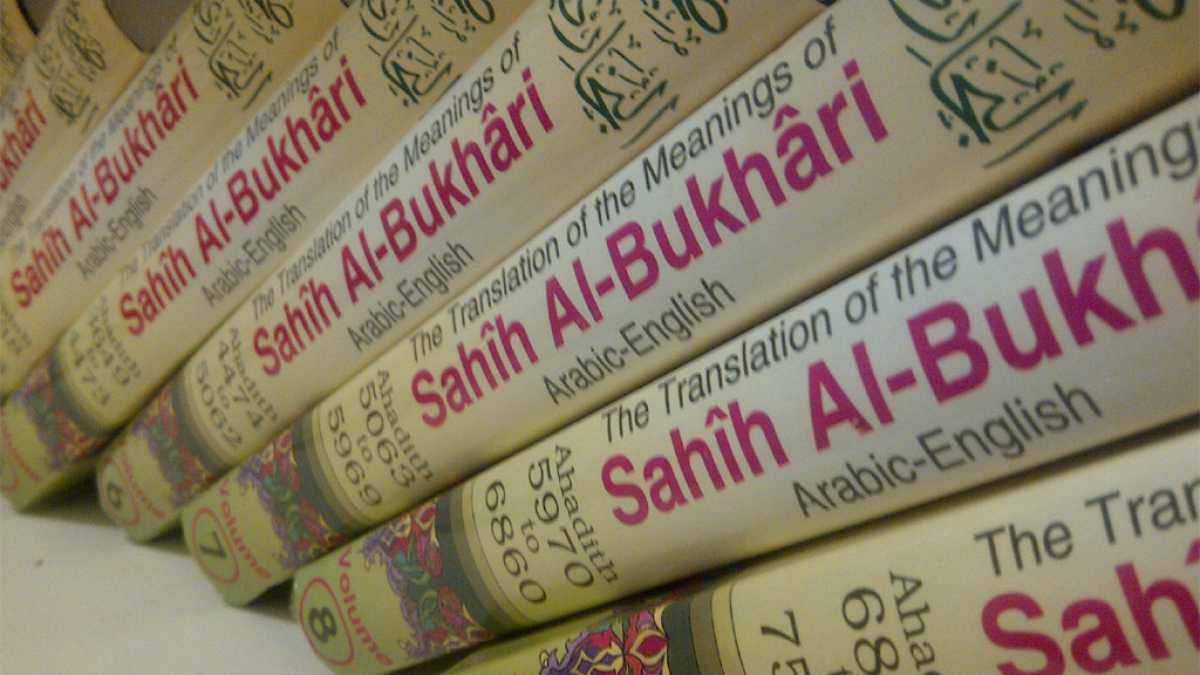Customary sources:
The Muslim people are governed by some informal laws based
on customary practices, which differ from cultural, social and political
scenario. A custom is a tradition passing on from generation to another, which
originally governed human conduct and obtained the force of law in a particular
locality. Customs are basically practices that people follow continuously for a
long period of time. In fact, people follow them for so long that they obtain
the status of law in some cases. It is a natural source of law.
Muslim law contains various customs regulating practices of
people. There were many customs during the pre-Islamic period. The prophet had
approved a number of them. Some of them continued with his tacit consent and
these became part of Ijma. These gained legal status in course of time; e.g.
the practices of Caliphs, the decisions of the judges and the traditions of the
people.
The Muslim Jurists do not expressly describe it as a source
of law but those customs and usages which were not modified or abrogated by
prophet, remained good and valid. The primeval customs were regulated by the
prophet Muhammad. The custom is not a legal source of Muslim law.
But even then Quran acted as a mentor guiding the people.
For instance, Caliph Abu Bakr made alms payment compulsory in the light of
Quran. The Quazis i.e. judges did equity by seeking guidance from Quranic
verses; e.g. under verses 3 of Surah Al-Nisa, that the customary right
of unlimited polygamy was curtailed to a maximum of four wives. Thus supremacy
of Quran as a primary Islamic Cource got fully established in that epoch.
However, Shariat Act, 1937 was made to apply only the Sharia
and not the customs. During the British regime, Courts in India recognised the
legal force of customs on some occasions in spite of the fact that they were
opposed to the clear texts of a primary source of Muslim law. This caused great
dissatisfaction among the orthodox Muslims and led to the passage of Shariat
Act, 1937; which abolishes most of the customs from the Muslim personal law.
Section 2 of Shariat Act, 1937 lays down that if the parties are Muslims, only
Muslim personal law will be applied to them in the following matters – [i]
inheritance, [ii] special property of females, [iii] marriage, [iv] dower, [v]
divorce [vi] maintenance, [vii] guardianship, [viii] gift, [ix] Waqf, [x]
trust.
In respect of these matters customs or usages have no place.
But customs are still applicable in the matters of religious and charitable
endowments.
Thanks for reading till the end. For law notes please follow and share this blog.




